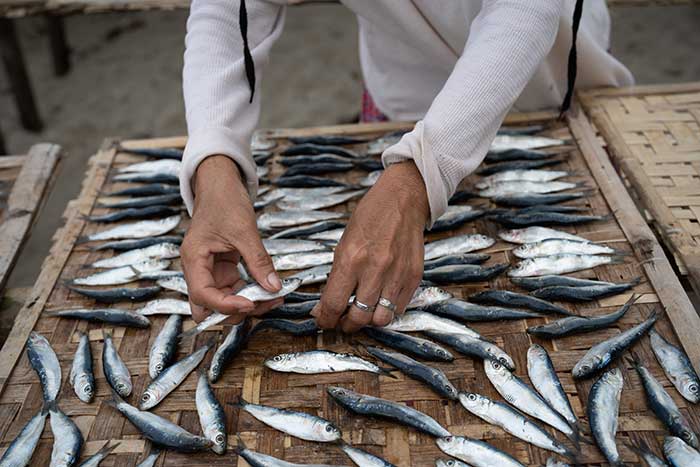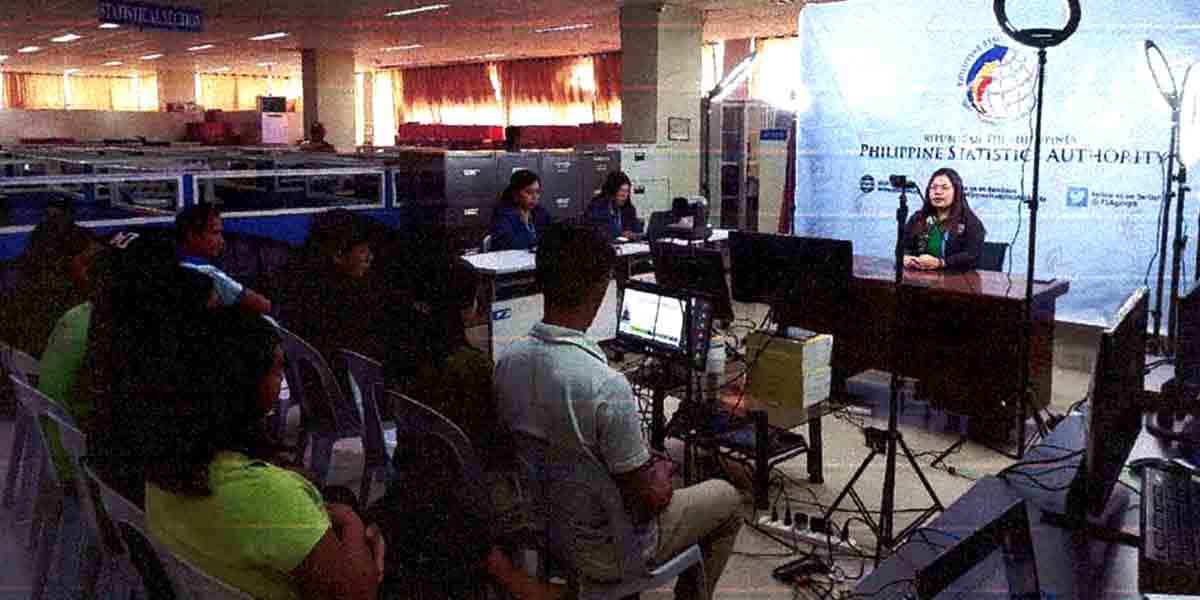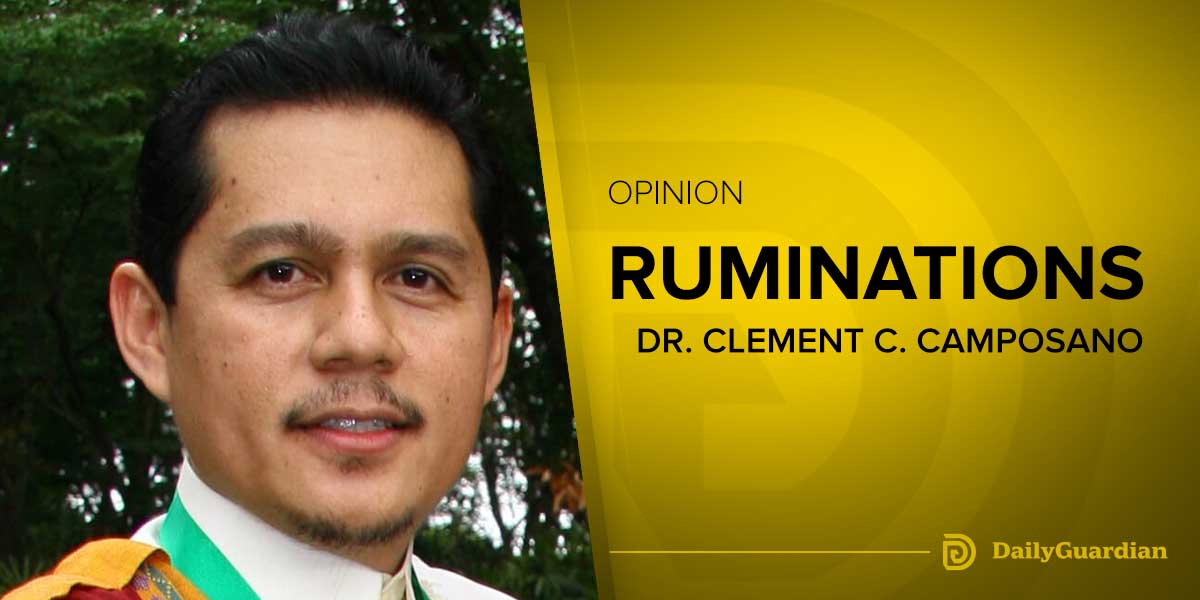
As coastal communities in the Philippines recently witnessed an abundance of sardines washing ashore on Samal Island, Sarangani, and previously in Masbate, Oceana, an international advocacy organization, calls for immediate action to harness these events for the benefit of local fisherfolk.
Oceana is urging the Bureau of Fisheries and Aquatic Resources (BFAR) and local government units (LGUs) to swiftly implement the National Sardines Management Plan (NSMP) to not only determine the cause of these beachings but also to provide crucial post-harvest and market support that could transform this natural bounty into sustainable income for local fisherfolk.
“We are happy for the fisherfolk’s massive catch of sardines, but fishers can further benefit if we minimize the spoilage and increase the sardines’ market value by giving them appropriate post-harvest assistance and marketing support,” said Atty. Gloria Estenzo Ramos, Oceana Vice President.
Ramos emphasizes the connection between overfishing, fish population decline, and food security, advocating for the implementation of the NSMP’s science-based measures and policies across the country’s 12 Fisheries Management Areas (FMAs).
The phenomenon of sardine beaching may be attributed to various factors, including shifts in water temperature or oxygen levels due to natural ocean processes or human-induced pollution.
According to a Maasim, Sarangani fisherfolk, Abdela Ishmael, while the surge of Tamban (sardines) brought joy, it also underscored the need for better support systems.
“We need support from the government for cold storage and drying equipment and tools. Otherwise, we’ll be at the mercy of fish traders,” Ishmael stated, highlighting the low prices and high costs burdening fisherfolk.
The NSMP, crafted in May 2020, aims to prevent post-harvest losses and wastage by adopting an ecosystem and science-driven management approach.
Oceana calls on the FMA 3 Management Body in Saranggani and the FMA 2 Management Body covering Samal Island to convene their Scientific Advisory Group (SAG), conduct comprehensive studies, and assess sardine stock status to provide strategic recommendations for sustainable management.
The implementation of the NSMP is not just about preserving marine life; it’s about ensuring the livelihoods of artisanal fisherfolk who depend on these waters.
By embracing the NSMP’s holistic approach, which takes into account the interactions within the marine ecosystem, stakeholders can work towards the conservation, sustainable use, and fair distribution of benefits from the sardine resources.
As the Philippines grapples with the dual challenge of marine resource management and the economic sustenance of its coastal communities, the call by Oceana and the actions of local authorities could serve as a blueprint for balancing ecological stewardship with socio-economic development.



















